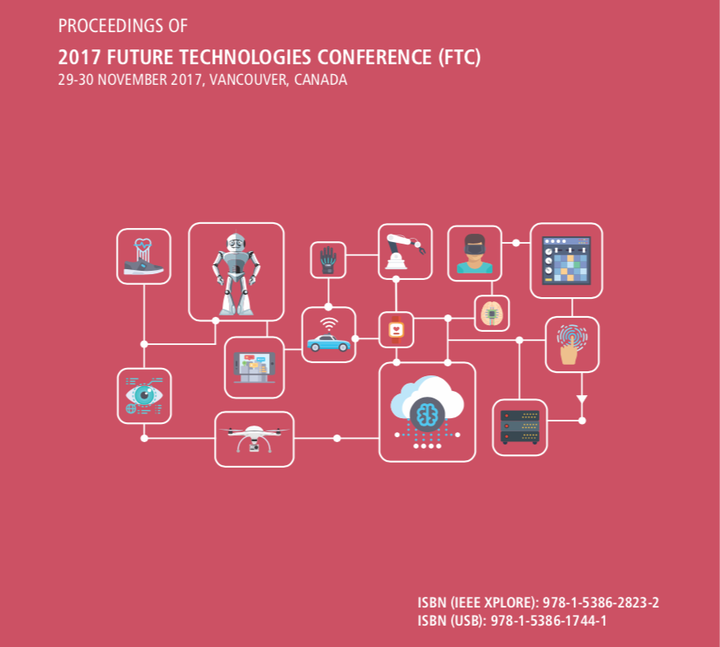FTC 2017, Vancouver, Canada

Abstract
In the modern era, each Internet user leaves enormous amounts of auxiliary digital residuals (footprints) by using a variety of on-line services. All this data is already collected and stored for many years. In recent works, it was demonstrated that it’s possible to apply simple machine learning methods to analyze collected digital footprints and to create psycho-demographic profiles of individuals. However, while these works clearly demonstrated the applicability of machine learning methods for such an analysis, created simple prediction models still lacks accuracy necessary to be successfully applied for practical needs. We have assumed that using advanced deep machine learning methods may considerably increase the accuracy of predictions. We started with simple machine learning methods to estimate basic prediction performance and moved further by applying advanced methods based on shallow and deep neural networks. Then we compared prediction power of studied models and made conclusions about its performance. Finally, we made hypotheses how prediction accuracy can be further improved. As result of this work, we provide full source code used in the experiments for all interested researchers and practitioners in corresponding GitHub repository. We believe that applying deep machine learning for psycho-demographic profiling may have an enormous impact on the society (for good or worse) and provides means for Artificial Intelligence (AI) systems to better understand humans by creating their psychological profiles. Thus AI agents may achieve the human-like ability to participate in conversation (communication) flow by anticipating human opponents’ reactions, expectations, and behavior. By providing full source code of our research we hope to intensify further research in the area by the wider circle of scholars.